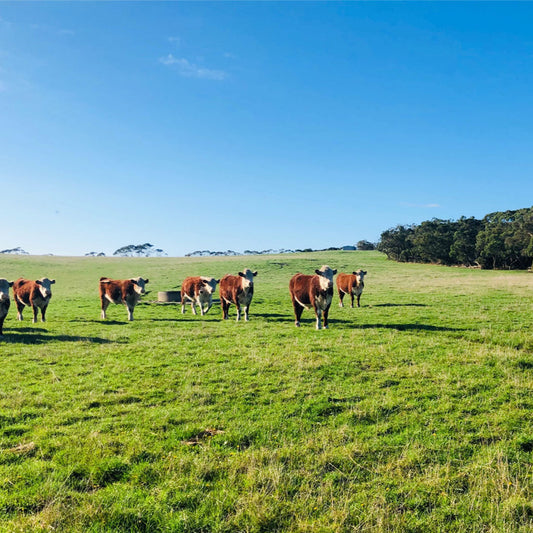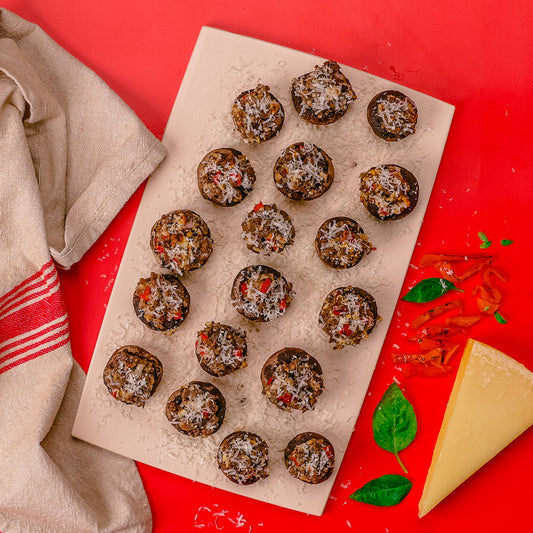
Why Tamar Samuels Chooses to Eat Grass-fed Beef
Written by Tamar Samuels, MS, RD, CDN
Should we really be plant-based?
Beef gets a bad rap these days with everyone wanting to be more plant-based, but I'm here to tell you there's room for vegetables and beef as part of a healthy diet. Being restrictive either way isn't necessarily the best option. A doctor said to me that we are omnivores for a reason. While we should aim to eat mostly plants, there are many benefits to meat as well, specifically red meat. The best thing you can do for yourself is to eat grass-fed beef.

I grew up in Woodstock, NY. My parents were artists and we ate mostly plants before it was an "in" thing. Truth be told, I didn't even have my first cheeseburger until I was eighteen years old. A new world opened up for me in a way I hadn't experienced before. There was always variety in my meals. It was a bit easier for me to eat on-the-go without worrying if where my friends chose to get their next meal was going to be able to accommodate me.
"I had always been curious about grass-fed beef. What was the difference? Was it actually better?"
Of course, as most teenagers tend to do, my introduction to meat wasn't grass-fed, or perfectly sourced. It was straight up fast-food, and while it tasted delicious, it didn't necessarily do wonders for my stomach. I, then, decided to learn a but more about different kinds of meat. Specifically beef, where to source it, and how I could enjoy this in my regular diet.
What's the Difference Between Grass-fed and Finished Beef?
I had always been curious about grass-fed beef. What was the difference? Was it actually better? Grass-fed and finished beef comes from cattle that eat grass for their entire lives virus the conventional grain-fed cattle that are often given antibiotics and growth hormones in order to fatten them up. Grass-fed beef tends to have fewer calories that beef and is significantly lower in fat. It also is a good source of Omega-3 fatty acids, which are known to decrease inflammation.

Recently having had a baby, I spent my entire pregnancy listening to my body. Making sure I honored what it was telling me. I ate grass-fed beef as a regular part of my diet and at no point during my pregnancy did I experience anemia or any other deficiency. When you're pregnant, blood volume and red blood cell production increase in order to provide the baby with oxygen and nutrients. As you can imagine the demand for iron also increases, and if there isn't enough or your ability to absorb is impaired, then that can lead to a deficiency. Other issues that can arise when iron is low during pregnancy are premature birth or low birth weight and pregnant women with anemia may be more prone to infections due to iron's ability to support immune function.

Veggie-packed Picadillo with Pre Grass-fed and Finished Ground Beef
Regardless of your dietary preferences, it is important to know that omitting food groups might not always be the best option. As long as you feel you're making the best choice for you at that moment, understanding that everything is ever changing, and whatever you choose there are always ways to execute that in a healthy and meaningful way.
Follow along with Tamar at @tamarsamuels.rd and through Culina Health.


